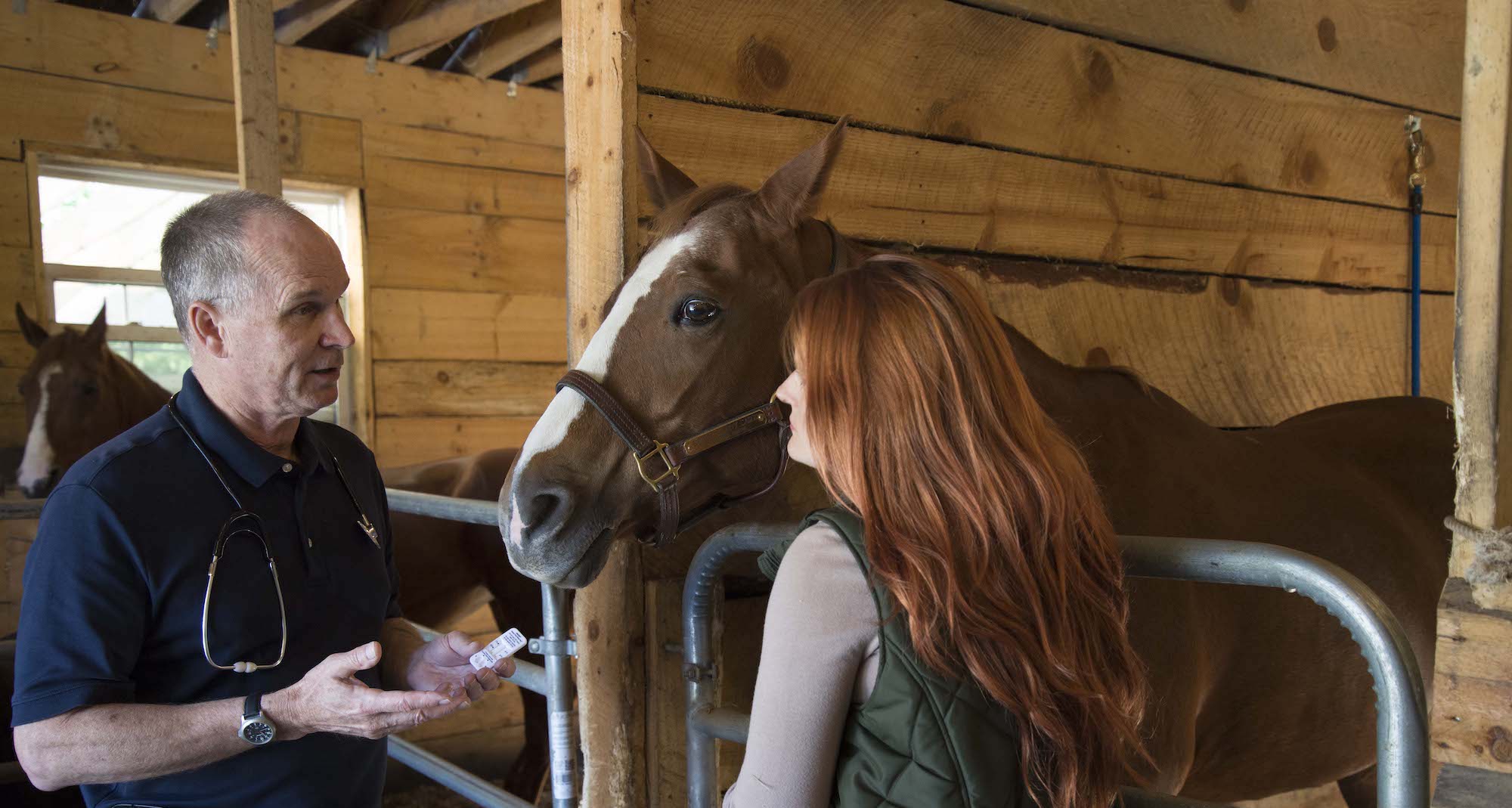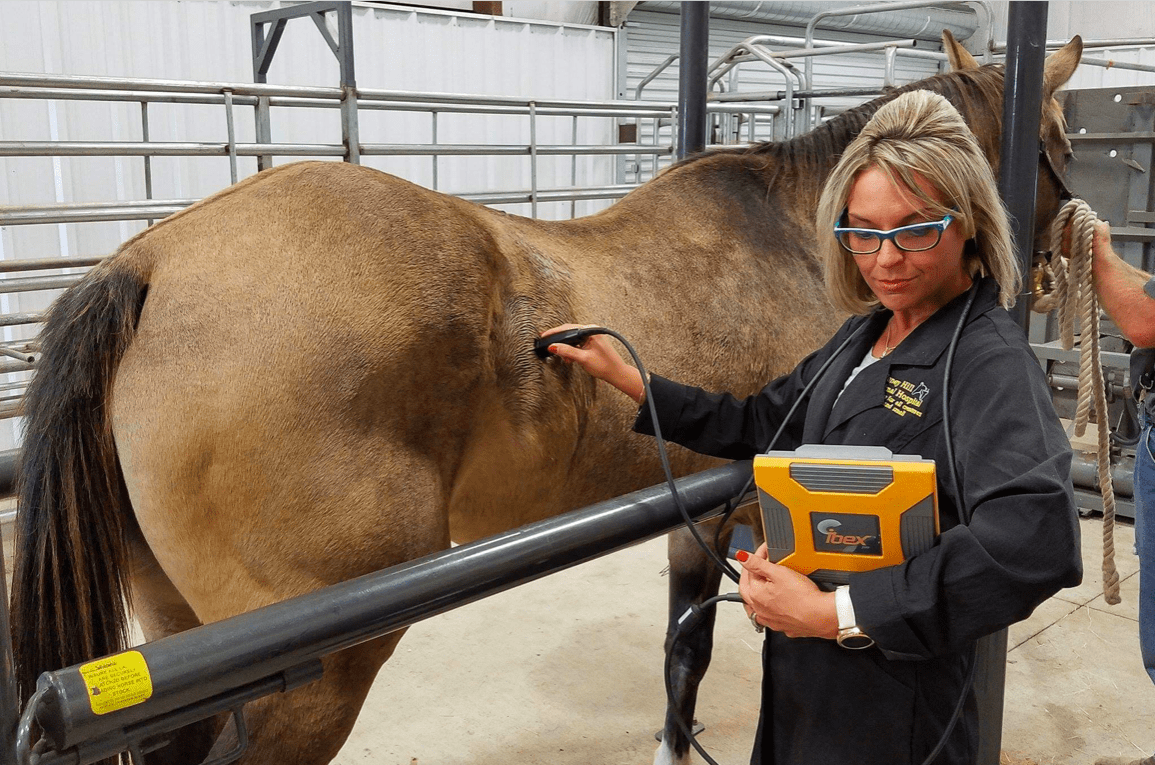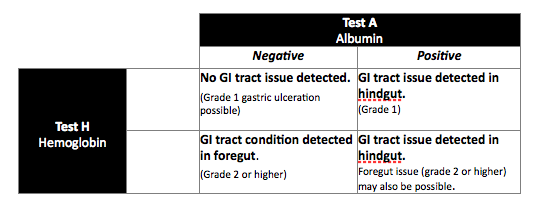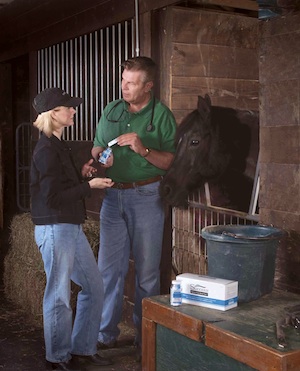March 16, 2022
When it comes to the gastrointestinal health of our patients, equine veterinarians are highly aware of the widespread nature of gastric ulceration, especially for horses used in competition and professional settings. We also deal with colic as the top cause of medical death in horses, and we’re called upon regularly to diagnose and treat bacterial imbalances, diarrhea and other GI upsets.
When it comes to the gastrointestinal health of…





